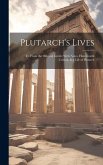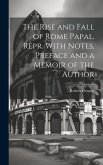Fifth Century Athens, in its Golden Age, was at once the most powerful and the most democratic of the Greek city-states: this precarious combination called into being a new art, the art of oratory, whereby the wealth and prominence of a political career could be won by mere speech. Itinerant teachers of these new techniques of persuasion bedazzled up-and-coming men with the prospect of power and fame, and taught them for a significant fee. Of these the most dazzling was Gorgias of Sicily. But speech is the articulation of thought, thought the world of the soul, and the soul the seat of conscience and self-knowledge. By a miracle to which we owe the foundations of our Western Civilization, philosophy was born in Athens during this same period, most saliently in the person of Socrates, whose life exactly coincided with the Athenian Golden Age. He discovered the life of the mind, and found a way to live that life with others, his fellow citizens, by an activity quite different from oratory and lecture, which he called dialogue. The orator thinks language his tool, but in dialogue with Socrates he might discover that language knows him better than he knows himself and leaves him no place to hide: he might choose silence instead. This is the first complete study of the text in English for sixty years.
Hinweis: Dieser Artikel kann nur an eine deutsche Lieferadresse ausgeliefert werden.
Hinweis: Dieser Artikel kann nur an eine deutsche Lieferadresse ausgeliefert werden.








